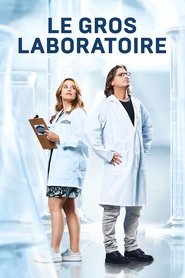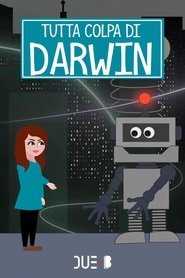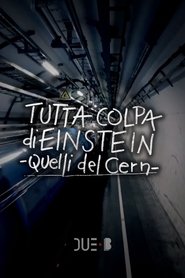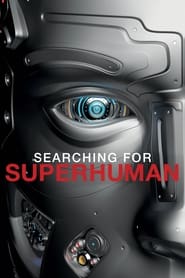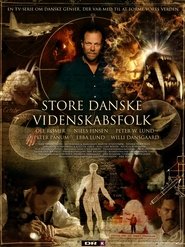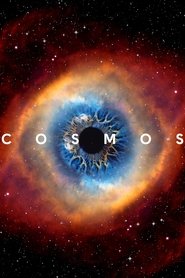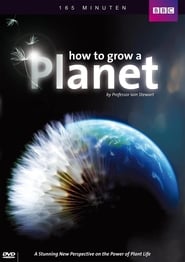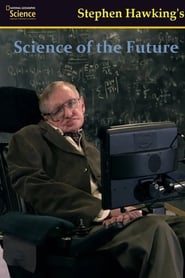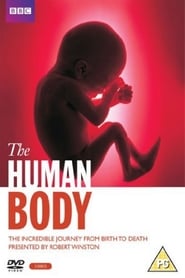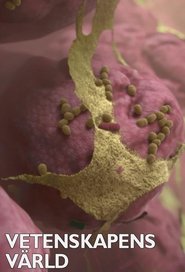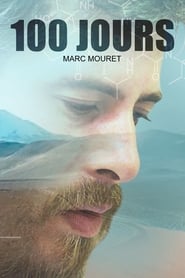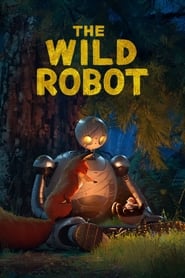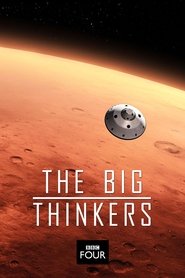
The Big Thinkers - Season 1 Episode 3 How to Live Longer
Our lifespan is increasing by 2.5 years every decade - and a third of all babies born today can expect to live to 100. But living longer can come at a cost. Old age itself brings with it a range of debilitating illnesses, many of which are the result of accumulating damage during our lifetime. Three diseases in particular have become the main killers in the developed world - cancer, heart disease and dementia. But a revolution in bio-medicine is now offering new hope for the treatment of these ailments, and the potential to extend our lives still further. Methods such as gene editing and stem cell therapies are transforming the way medicine can conquer disease today. These extreme frontiers of medicine do, however, also come with a range of ethical dilemmas - when is the right time to try out an experimental technique on a patient? Should we gene edit human embryos? And is it right to use cells from aborted foetuses for medical treatments? Guiding us through this fast-moving and complex field is Nobel laureate Sir Paul Nurse, for whom the big question isn't just what science can do to fix our bodies and extend our lives, but whether it's right to use all the tools and techniques available.
- Title: The Big Thinkers
- Year: 2017
- Genre: Documentary
- Country: United Kingdom
- Studio: BBC Four
- Director:
- Cast:
- Crew:
- Keyword:
- Runtime: 60 minutes
- IMDb: 0.00 / 10 by 0 users
- Popularity: 1.716
- First Air Date: Apr 21, 2016
- Last Air date: Apr 18, 2017
- Season: 1 Season
- Episode: 3 Episode
- Language: English
 Apple TV
Apple TV Google Play Movies
Google Play Movies Fandango At Home
Fandango At Home Netflix
Netflix Amazon Prime Video
Amazon Prime Video Amazon Video
Amazon Video MUBI
MUBI


